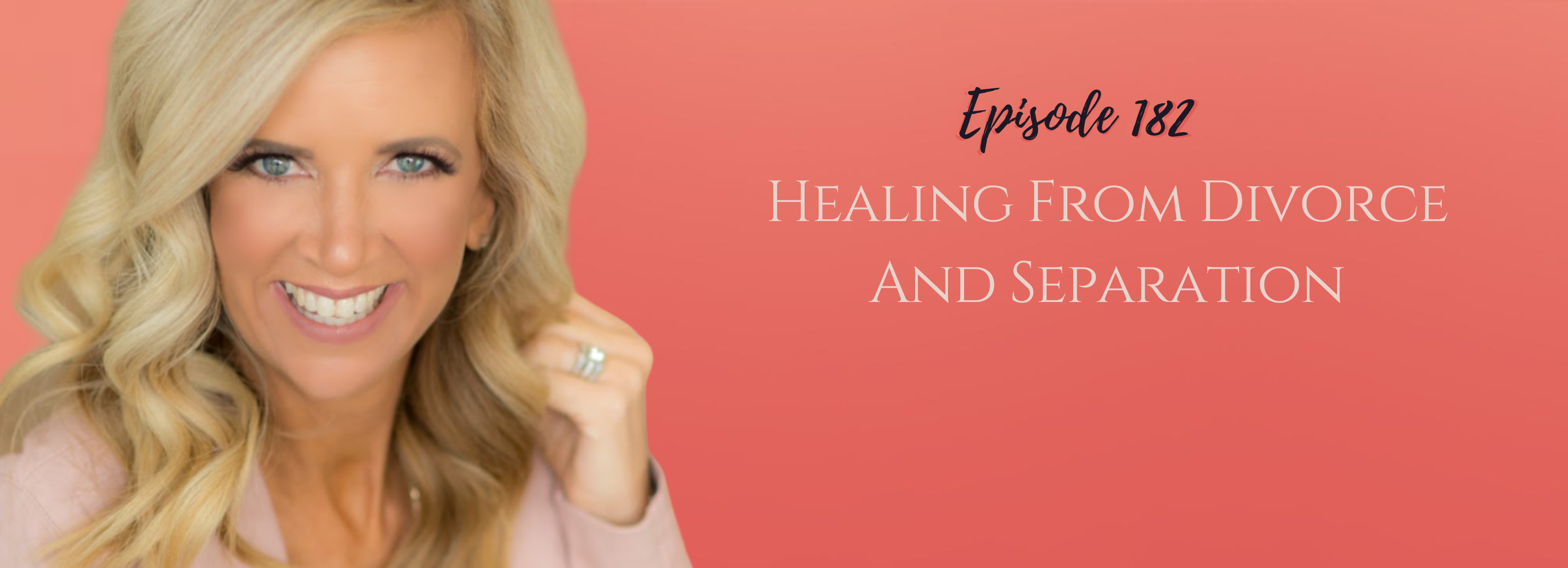
healing from divorce and separation| 10.12.2022
In this episode, Kristen talks with Alicia Robertson, an author, speaker, and trained life & divorce coach, about healing and discovering your true self after divorce and some important keys to navigating a separation or divorce.
You'll Learn
- Alicia's journey through separation and divorce
- How to overcome the shame, stigma and guilt of divorce
- How parents can help children cope with divorce
- Essential keys to navigating separation and divorce
Resources
For counseling services near Indianapolis, IN, visit www.pathwaystohealingcounseling.com.
Subscribe and Get a free 5-day journal at www.kristendboice.com/freeresources to begin closing the chapter on what doesn’t serve you and open the door to the real you.
Subscribe to the Close the Chapter YouTube Channel
This information is being provided to you for educational and informational purposes only. It is being provided to you to educate you about ideas on stress management and as a self-help tool for your own use. It is not psychotherapy/counseling in any form.